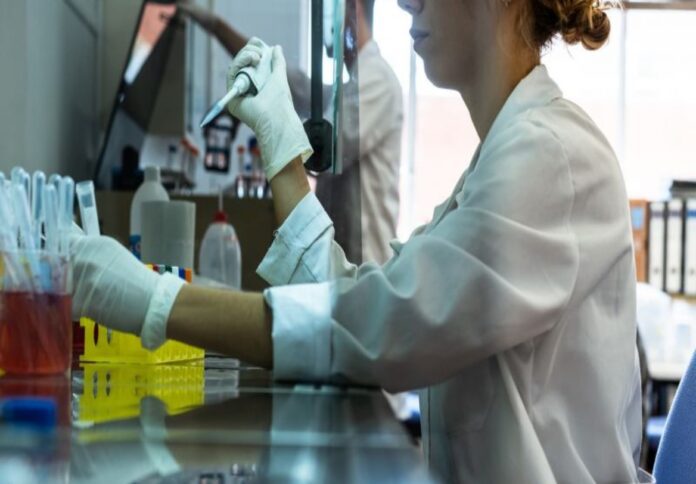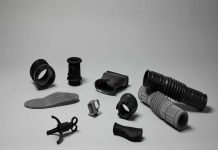
The Western Australian Government announced that its Innovation Fellowships program will provide over half a million dollars in funding to support leading medical and health innovators at Edith Cowan University (ECU).
In total, $1.4 million will be granted to top medical and health innovators across Western Australia through this initiative, the university said in a news release.
Deputy Vice-Chancellor for Research Professor Caroline Finch expressed her enthusiasm about this significant recognition of ECU’s contributions to medical and health research, highlighting the university’s progressive work.
She said the funding will support pioneering projects that involve artificial intelligence (AI), electric brain stimulation, 3D printing, and the utilisation of lithium in mental health treatment, demonstrating ECU’s continued leadership in health innovation.
Moreover, the program aims to empower talented individuals in Western Australia to develop innovative early-stage processes, products, and services in the field of medical and health innovation.
The funding for this initiative is provided by the Future Health Research and Innovation Fund (FHIRI), which serves as a secure financial source to drive health and medical research, innovation, and commercialisation.
Notable recipients of ECU’s research funding include Dr Md Moniruzzaman who secured a $147,192 grant for his work on the development of an Artificial Intelligence (AI) enhanced stethoscope designed for remote screening of Valvular Heart Disease (VHD).
Dr Myles Murphy received a grant of $119,489 for his project that focuses on harnessing the power of electrical brain stimulation to aid in injury recovery and enhance physical performance through neuroplasticity.
Dr Amir Razmjou was awarded $142,278 in funding for his research into the transdermal delivery of lithium as a potential treatment for bipolar affective disorders.
Meanwhile, Dr Liezhou Zhong received a grant of $115,348 to support his ongoing research, which involves the development of 3D-printed food to improve eating experiences and health for individuals on texture-modified diets, including the elderly residing in nursing homes across the country.
These projects highlight the diverse and groundbreaking research conducted at ECU to address various health and medical needs.
“We are immensely proud of the multidisciplinary research being done in the health and medical fields here at ECU,” Professor Finch said.
She anticipates the tangible benefits that will arise from these projects, envisioning a future marked by enhanced health diagnosis and treatment.



















